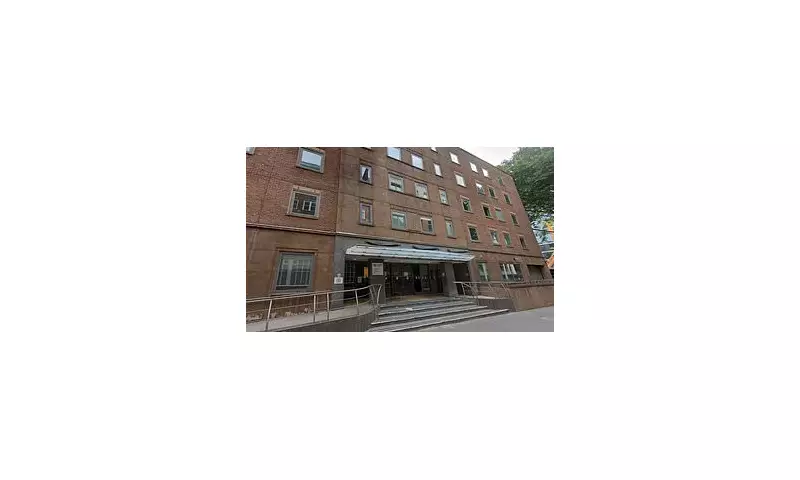
An Albanian national who has been living in Britain unlawfully has successfully challenged his deportation after a judge ruled that removing him would be 'unduly harsh' on his young daughter, whom he regularly takes to ballet classes.
The Father-Daughter Bond That Halted Deportation
The 40-year-old man, who cannot be named for legal reasons, was previously deported from the UK but re-entered the country and has lived here illegally since 2016. Despite not being named on his daughter's birth certificate and not being in a relationship with her mother, an immigration judge found he has developed a genuine and subsisting relationship with the child.
The tribunal heard compelling evidence about their close bond. The father collects his daughter from school four or five times per week and spends weekends with her. He has invested significant time and money in her upbringing, regularly taking her to ballet lessons, parties, and attending school parents' evenings.
Home Office Challenge Fails in Upper Tribunal
The Home Office had argued against the man remaining in the UK, claiming he did not have a genuine relationship with his daughter and that there was no evidence of any relationship between them before 2022 - six years after his unlawful re-entry into Britain.
First-tier Tribunal Judge Fraser Latta initially accepted the father's case, noting the daughter was a vulnerable child who had received school counselling sessions due to anxiety about her father's potential deportation. The judge concluded that separating them would indeed be unduly harsh.
When the Home Office appealed this decision to the Upper Tribunal, arguing the judge hadn't properly applied the legal meaning of 'unduly harsh', Judge John Jolliffe dismissed their challenge. He noted the Home Office had failed to challenge key evidence from an independent social worker or cross-examine witnesses.
Complex Circumstances Behind the Ruling
The case presented particular complexities because the man's daughter and her mother both have refugee status in the UK and cannot return to Albania. This meant that if the father were deported, his daughter would be unable to visit him.
Judge Jolliffe emphasised that losing physical contact with her father would be detrimental and would have a significant impact on the child, meeting the high threshold of being unduly harsh. The ruling underscores how UK immigration tribunals must balance immigration control with the welfare of British children.
The Home Office's appeal failed primarily because they had not taken adequate steps to counter the evidence presented about the father-daughter relationship. Judge Jolliffe stated that had they done so, the tribunal's task would have been more complex, but their failure to challenge the evidence made the original reasoning legally sufficient.





